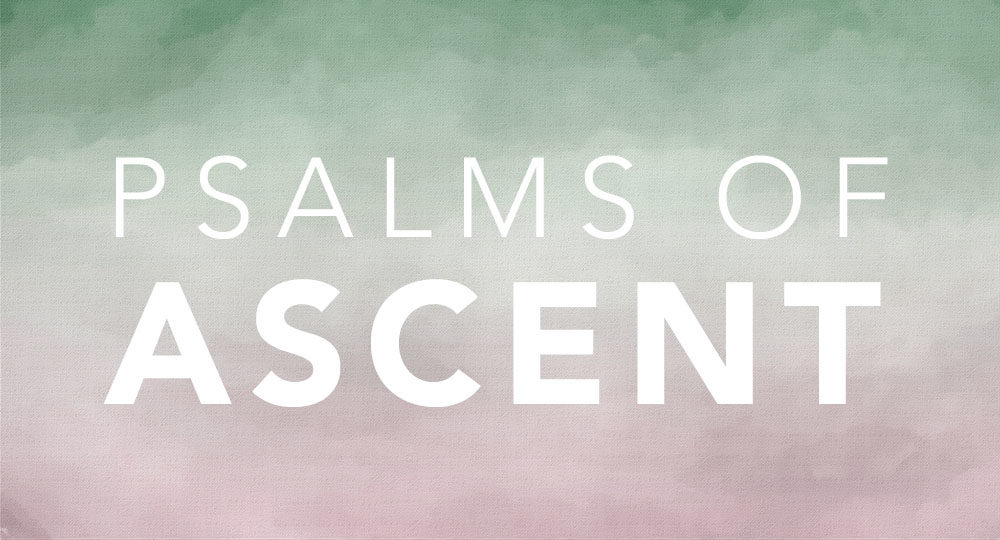Psalm 129: Our Guardian
From their sojourn in Egypt to their days in Europe during Hitler’s Third Reich to today, the Jewish people have been afflicted. Yet against all odds, this tiny group of people that makes up less than two tenths of 1 percent of the world’s population is still here and thriving as proof of the faithfulness of God.
In Psalm 129:1–2 the psalmist cried out, “Let Israel now say— ‘Many a time they have afflicted me from my youth; yet they have not prevailed against me.’” Wrapped up in these two verses is the central theme of the psalm.
Psalm 129 tunes into the grand composition of the abiding promise God made to Abraham like a conductor tunes into the majesty of a symphony. Each aspect is verified by God’s eternal vow, “I will bless those who bless you, and I will curse him who curses you; and in you all the families of the earth shall be blessed” (Gen. 12:3).
The preservation and perseverance of the Jewish people are proof that God’s Word is sure. Even though many have sought to destroy them, as the psalmist said, “They have not prevailed against me” (Ps. 129:2).
Nevertheless, Israel has had to fight many battles. God has promised to preserve the Jewish people, but He never said they would not suffer.
The same truth applies to those of us who believe in Jesus. While God has given us a bright future, He never promised heaven today. There is still suffering for those who follow Christ. In fact, Jesus told us, “You will be hated by all for My name’s sake” (Mt. 10:22).
The psalmist said, “The plowers plowed on my back; they made their furrows long” (Ps. 129:3). Israel’s enemies are pictured as oxen that plow with ease through a field. They have plowed through God’s Chosen People.
Israel’s enemies not only despise the Jews, but they also hate Zion, the fulcrum of the Jewish people and the nation of Israel. Though many attempt to separate anti-Semitism (hatred of the Jewish people) from anti-Zionism (abhorrence of the State of Israel), Psalm 129 teaches that hating the Jewish people’s desire to live in the land is the same as hating the Jewish people.
Those who attempt to destroy what God has surrounded and protected will wither like grass on a rooftop: “Let all those who hate Zion be put to shame and turned back. Let them be as the grass on the housetops, which withers before it grows up” (vv. 5–6).
Has God’s Word failed? Never! Instead, empires have withered and decayed, but Mount Zion remains because of God’s faithfulness.
The psalm ends with a reminder that anyone who hates Zion or harms it doesn’t take God or His covenant with Israel seriously. So God will deal with them accordingly, based on His promise to bless those who bless the Jewish people and curse those who curse them.
Centuries later, the apostle Paul reiterated the psalmist’s central idea. He was writing to his detractors in Corinth who questioned his apostolic authority: “We are hard-pressed on every side, yet not crushed; we are perplexed, but not in despair; persecuted, but not forsaken; struck down, but not destroyed” (2 Cor. 4:8–9).
Paul knew what it meant to suffer. He suffered at the hands of those outside the church as he persevered to make the gospel known in the world, and he also suffered from critics within the church who questioned whether he really was an apostle called by Jesus Christ.
But none prevailed against him because Paul knew that the power of the gospel of Jesus the Messiah was mightier than his suffering.
Perhaps you are being hard-pressed on every side as a follower of Christ. Perhaps people are persecuting you for your faith. Remember, though you may be afflicted and even die, they cannot prevail against you!





